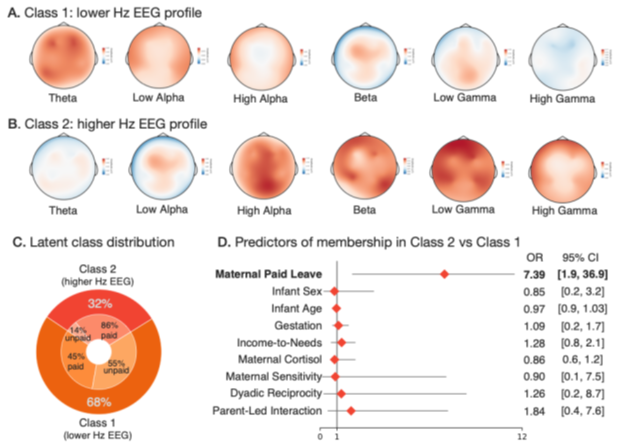You are here
Contributions of the home environment and early caregiving on neurocognitive development during infancy
Speakers
Abstract
Research consistently demonstrates that the first two years of life are sensitive periods during which warm, predictable, and responsive caregiving are important to children’s social, emotional, and cognitive development. Caregivers impact the developing infant’s ability to flexibly adapt to the demands of the environment, and the caregiver’s own stress physiology is a critical factor influencing caregiving behavior and subsequent child development. This talk will examine how early experiences within the home environment may contribute to differences in infant neurocognitive outcomes, examining both proximal interactions and more distal social policies. Understanding the wider effects of the sociocultural context on development can potentially help to disentangle the many pathways through which adaptations to the environment impact brain and behavior. 

